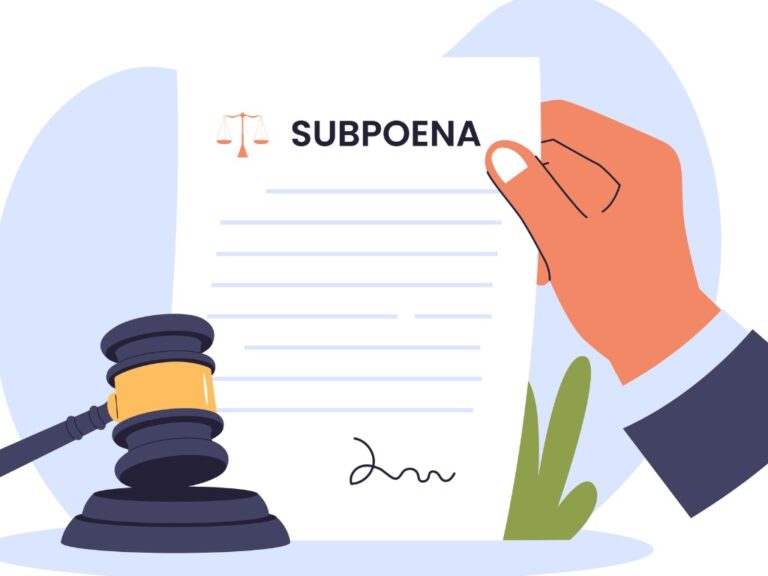Appeals Court Backs Media Matters in FTC Subpoena Fight
November 7, 2025

A divided DC Circuit panel has declined to reinstate the Federal Trade Commission’s subpoena demanding records from Media Matters. This marks a significant development in the agency’s investigation into whether advocacy groups coordinated advertising boycotts targeting social media platforms, writes Mike Scarcella of Reuters.
The court’s decision in Media Matters for America v. FTC leaves in place an earlier ruling that found the FTC’s actions potentially retaliatory and overly broad. The order is viewed as a temporary but meaningful victory for the media watchdog as the litigation proceeds.
The dispute stems from an FTC investigation initiated under Chairman Andrew Ferguson, examining Media Matters’ communications about labeling online content as misinformation or hate speech.
The nonprofit has often clashed with conservative figures. It challenged the subpoena in federal court, alleging it was politically motivated.
In August, US District Judge Sparkle Sooknanan agreed that Media Matters was likely to succeed on its claim that the subpoena violated its First Amendment rights and issued an injunction blocking enforcement.
On appeal, Circuit Judges Patricia Millett and Robert Wilkins ruled that the FTC failed to show a likelihood of prevailing on the merits. Judge Justin Walker dissented, describing Media Matters’ evidence of retaliation as “sparse.”
The FTC warned that leaving the lower court’s injunction intact could jeopardize the integrity of government investigations more broadly. Media Matters maintained that the agency’s demands disrupted its operations and chilled relationships with third parties.
The ruling serves as a reminder to lawyers of how First Amendment concerns can limit the reach of administrative subpoenas, particularly when government inquiries intersect with politically sensitive speech.
While the case continues, the decision reinforces judicial caution toward perceived agency overreach and signals that courts may scrutinize subpoenas that appear to be driven by political or retaliatory motives.
Critical intelligence for general counsel
Stay on top of the latest news, solutions and best practices by reading Daily Updates from Today's General Counsel.
Daily Updates
Sign up for our free daily newsletter for the latest news and business legal developments.


